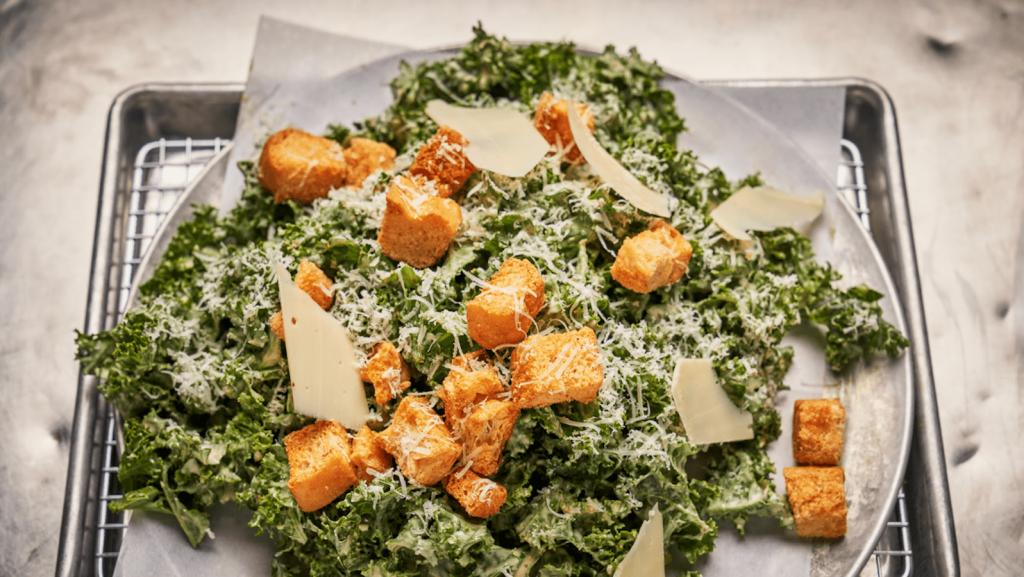 Making biodiesel from used restaurant grease and other waste products is a good idea. This article shows us how a large city is managing to turn waste into useful energy. They have convinced about 130 restaurants to donate their grease to the cause:
Making biodiesel from used restaurant grease and other waste products is a good idea. This article shows us how a large city is managing to turn waste into useful energy. They have convinced about 130 restaurants to donate their grease to the cause:
Restaurant owner Mike Dormont says that he could earn a few dollars per month selling the grease to recyclers for uses other than biodiesel fuel, but that he would rather do something that benefits the area.
This is called citizenship. Although someone is offering to purchase their waste and cart if off for free to be used for some reason or other, these restaurants have chosen to direct the waste stream to biodiesel production to benefit their local community instead of some nameless entity in the yellow grease futures market. Still, I wonder what will be used for those other “uses” now that this grease is being used for biodiesel? In any case, according to the local biodiesel refiner:
The Dallas-Fort Worth area generates more than 10 million gallons of grease each year, and the vast majority of that is thrown away.
I wonder why some restaurant owners have been paying the city to haul their grease to the dump instead of being paid for it and having it hauled away for free by some greasemonger? Maybe it’s easier to dump it down the drain. Here in Seattle every citizen is legally obligated under penalty of law to recycle just about everything and get paid nothing for it. Why are restaurants in Denton not required to recycle their grease and get paid nothing for it? I don’t get it.
And can you guess who said the following?
It’s better for the environment, it cleans your engine, and now it’s even cheaper than petroleum-based diesel … The result is a cleaner-burning fuel that smells like french fries.
If you guessed the biodiesel refiner, you’re right. Let me dissect his comments. By “it” he means biodiesel, and it may or may not be better for the environment depending on what you make it from (waste grease, Amazonian soy, Malaysian palm … babies). And when it cleans your engine, it does so by sending that toxic sludge out the tail pipe, right into the air we all breath. It’s cleaner burning than regular diesel for sure, and produces half as much CO2, but it is not cleaner than gasoline combusted in a modern three-stage catalytic converter. That may not be so in the future, but it certainly is true today. Oh, it also does not smell like french fries even though it may have originated in a deep fryer.
As I have said so many times before, biodiesel can be environmentally beneficial, but those benefits are a tradeoff and depend entirely on what you make it out of. The issue is much more complex than most people have been led to believe.
 Making biodiesel from used restaurant grease and other waste products is a good idea. This
Making biodiesel from used restaurant grease and other waste products is a good idea. This 

